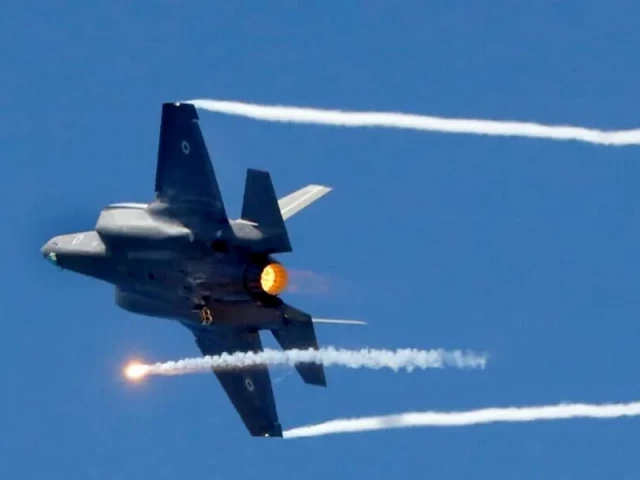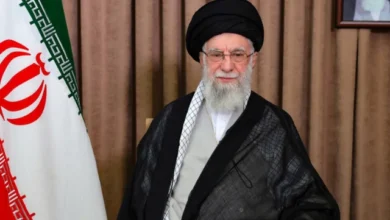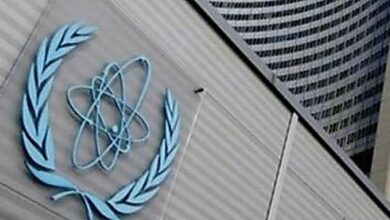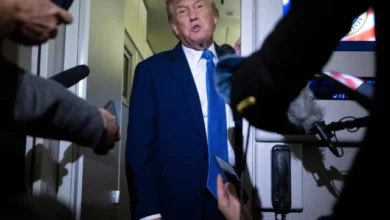The UK government Thursday defended supplying fighter jet parts to Israel amid the war in Gaza, telling a London court that suspending exports would compromise Britain’s security and damage relations with Israel and allies.
Rights groups took the government to the High Court this week, accusing it of breaking international law by allowing the export of advanced Lockheed Martin F-35 stealth jet components.
Supported by Amnesty International, Human Rights Watch, Oxfam and others, the Palestinian rights association Al-Haq is seeking a court order to stop the supply of UK-made parts for the US warplanes, which Israel has used to devastating effect in Gaza and the West Bank.
Earlier this week, lawyers for Al-Haq said the government had known there was a “clear risk” Israel would use the jet parts to commit violations of international law.
But government lawyer James Eadie said Thursday the UK’s trade department had acted lawfully and that suspending the export licences would have affected a wider international F-35 programme, resulting in “extremely serious risks to the UK and international security”.
He added the court was not placed to rule on the legality of Israel’s actions, and that attempting to do so could have a “potentially deleterious” effect on “foreign relations with a friendly state, namely Israel”.
He also said the government had taken decisions about suspending arms licences with its relationship with Israel in mind, seeking to “make sure relations continued to be cordial”.
In September 2024, the new Labour government announced it was suspending around 30 of 350 export licences following a review of Israel’s compliance with international humanitarian law.
But the partial ban did not cover British-made F-35 parts.
The refuelling probe, laser targeting system, tyres and ejector seat are among the components made in Britain, according to Oxfam.
Britain’s defence secretary has previously said suspending F-35 licences would “undermine US confidence in the UK and NATO”, and would not be possible without “wide impacts to the whole F-35 programme”.
But lawyers for Al-Haq have described the F-35 exemption as a “loophole” allowing the components to reach Israel through a global pooling system.
In a separate statement, UK-based NGO Campaign Against Arms Trade said licensing figures showed the government had made a “shocking increase in military exports to Israel” in the months after its September 2024 announcement of partial suspensions.
It said the figures showed the UK approved £127.6 million ($170 million) in military equipment to Israel in single-issue licences from October to December 2024, saying this was more than for the period from 2020 to 2023 combined.
Most of the licences were for military radars, components and software, as well as targeting equipment, according to the NGO, which was involved in the case against the government.
It is not certain when a decision could be made after the four-day hearing, which ends on Friday and marks the latest stage in a long-running legal battle.







